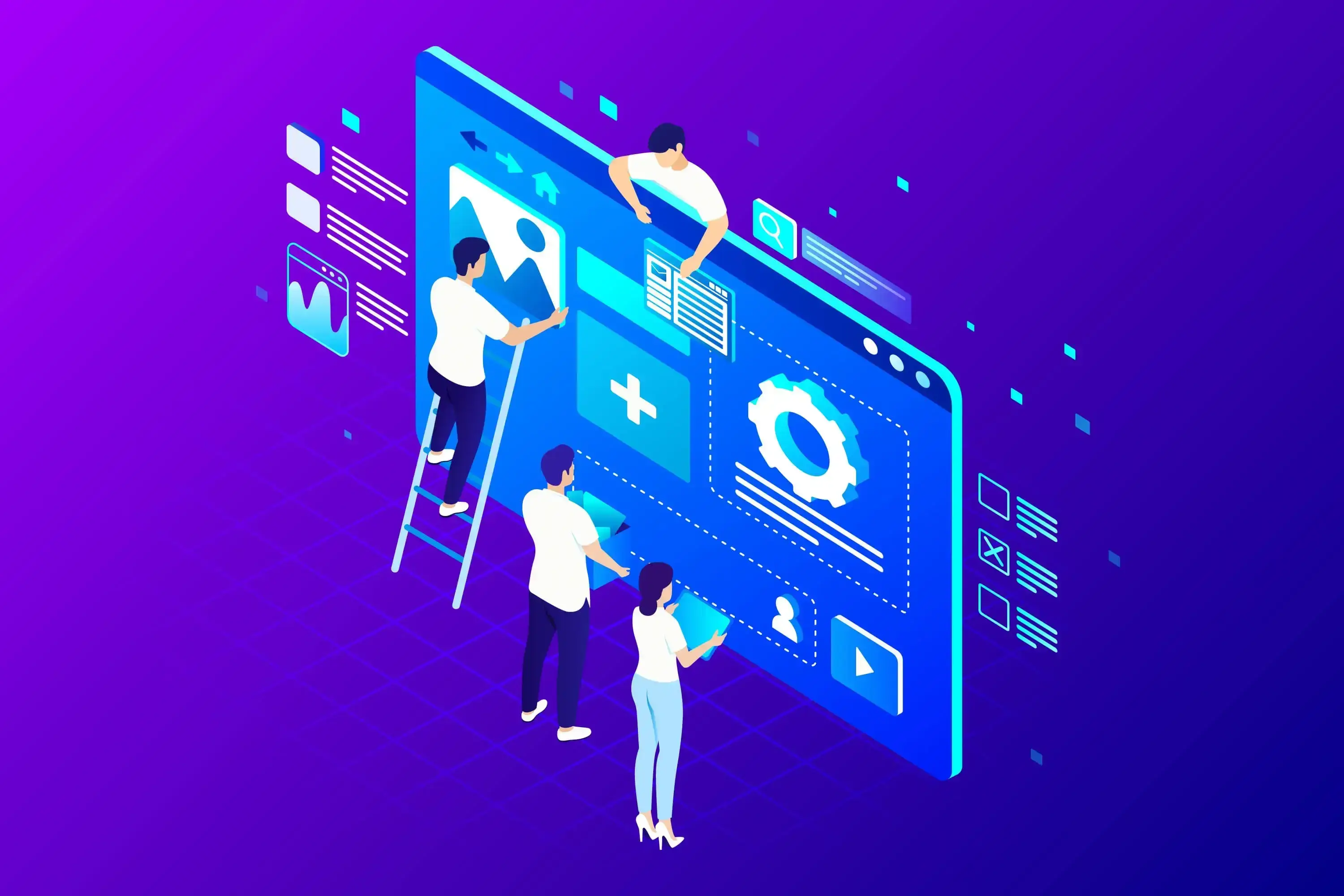Enterprise Application Development is the process of designing, building, and maintaining software applications that are used by large organizations to support their business processes. These applications are typically complex and have a wide range of functionality, including but not limited to inventory management, financial management, customer relationship management, and human resources management.
The development process typically starts with a thorough analysis of the organization's business processes and requirements. This includes identifying the specific needs of the organization, such as data management, reporting, and workflow automation. Once the requirements are defined, the development team will create a detailed design for the application, including the user interface, data model, and business logic.
The development process is typically done using a variety of programming languages, frameworks, and tools. These include Java, C+, and Python, as well as frameworks such as Spring and AngularJS. The development team will also use tools such as Git for version control, JIRA for project management, and Jenkins for continuous integration.
Once the application is built, it goes through a rigorous testing phase to ensure that it is free of bugs and meets the requirements of the organization. This includes both functional and non-functional testing, such as load testing and security testing. Once the application is deemed ready, it is deployed to the production environment.
After the application is deployed, the development team will continue to maintain and improve it. This includes monitoring the application's performance, addressing any issues that arise, and adding new features as needed. The development team will also work closely with the organization's IT department to ensure that the application is properly integrated with other systems and is able to meet the organization's changing needs over time.
In conclusion, Enterprise Application Development is a complex and challenging process that requires a skilled team of developers, designers, and business analysts. The end result is a robust and reliable application that supports the organization's business processes and helps it achieve its goals.
- Scalability: the ability to handle increased workloads and users without impacting performance.
- Security: protecting sensitive data and preventing unauthorized access to the system.
- Integration: connecting the application to other systems and data sources.
- Customization: the ability to tailor the application to meet specific business needs.
- Maintenance: ongoing updates and support to keep the application running smoothly.



